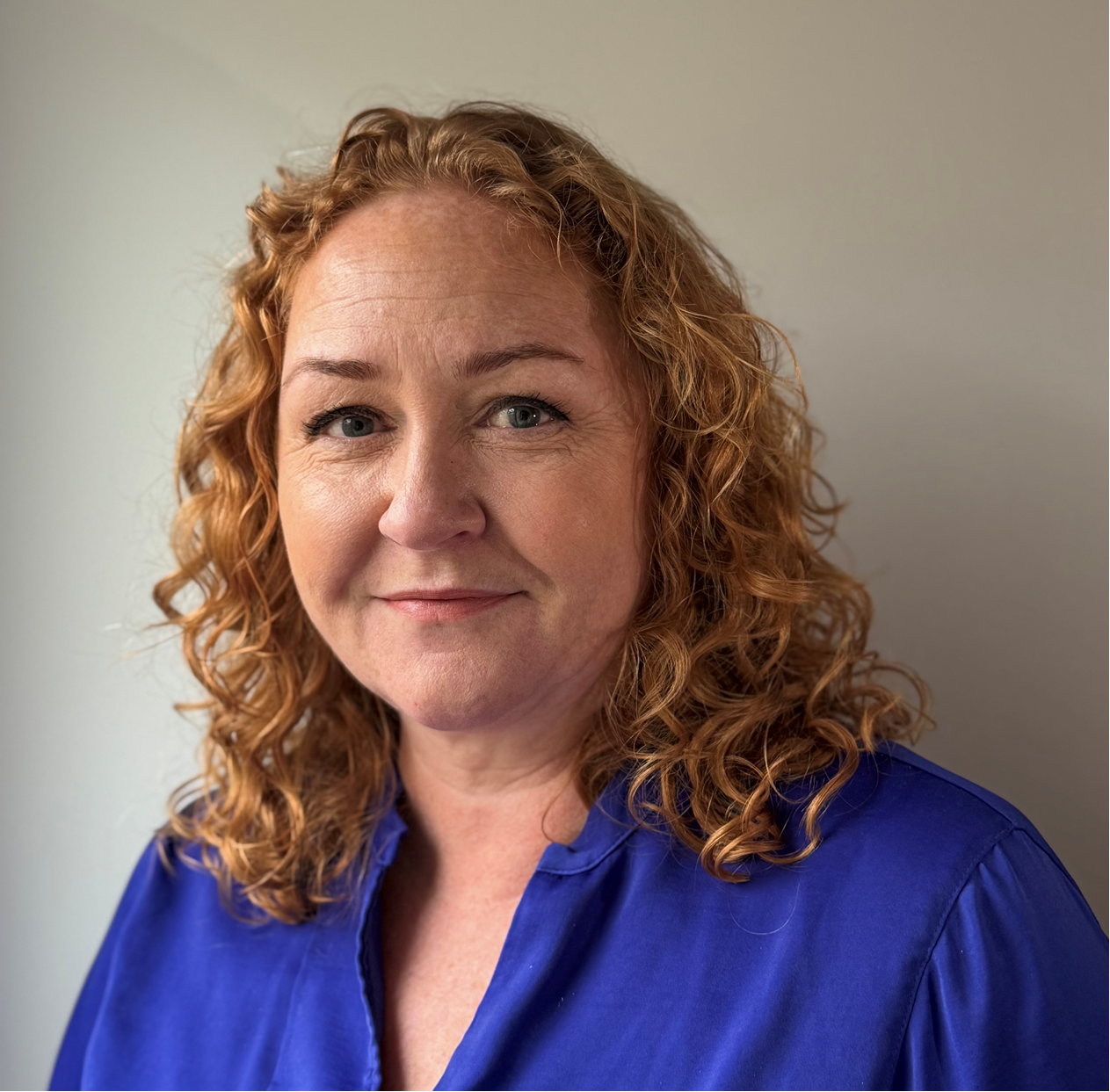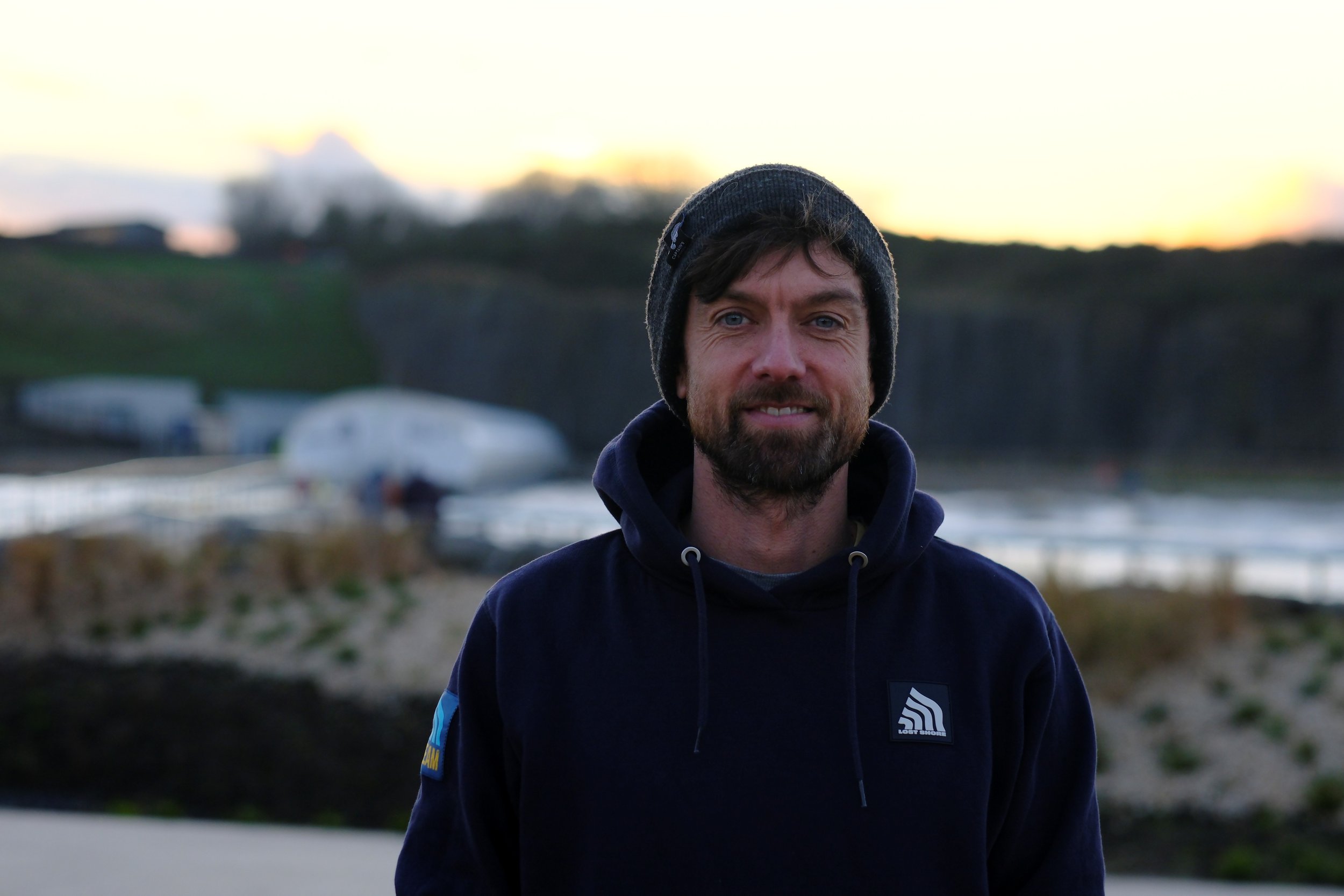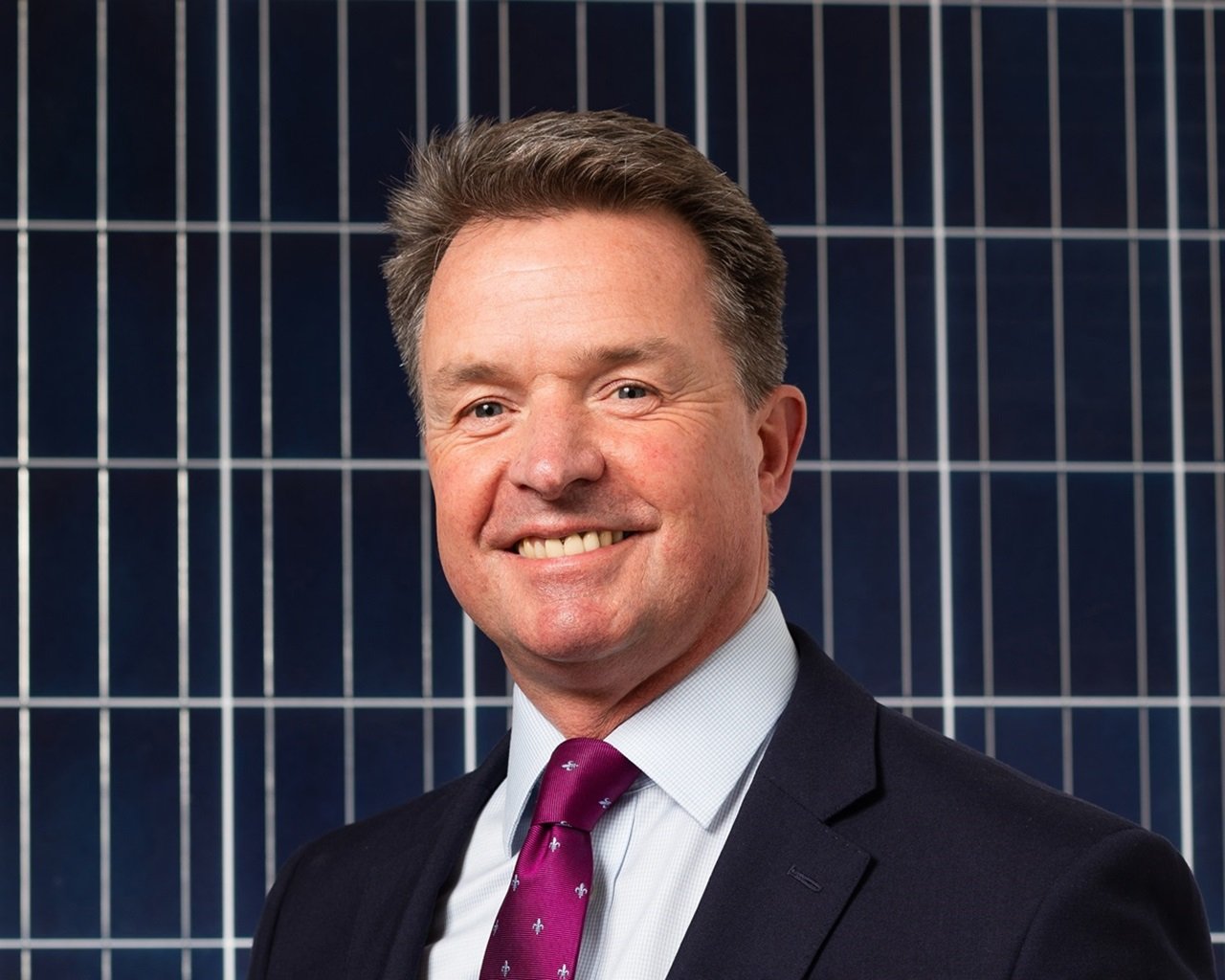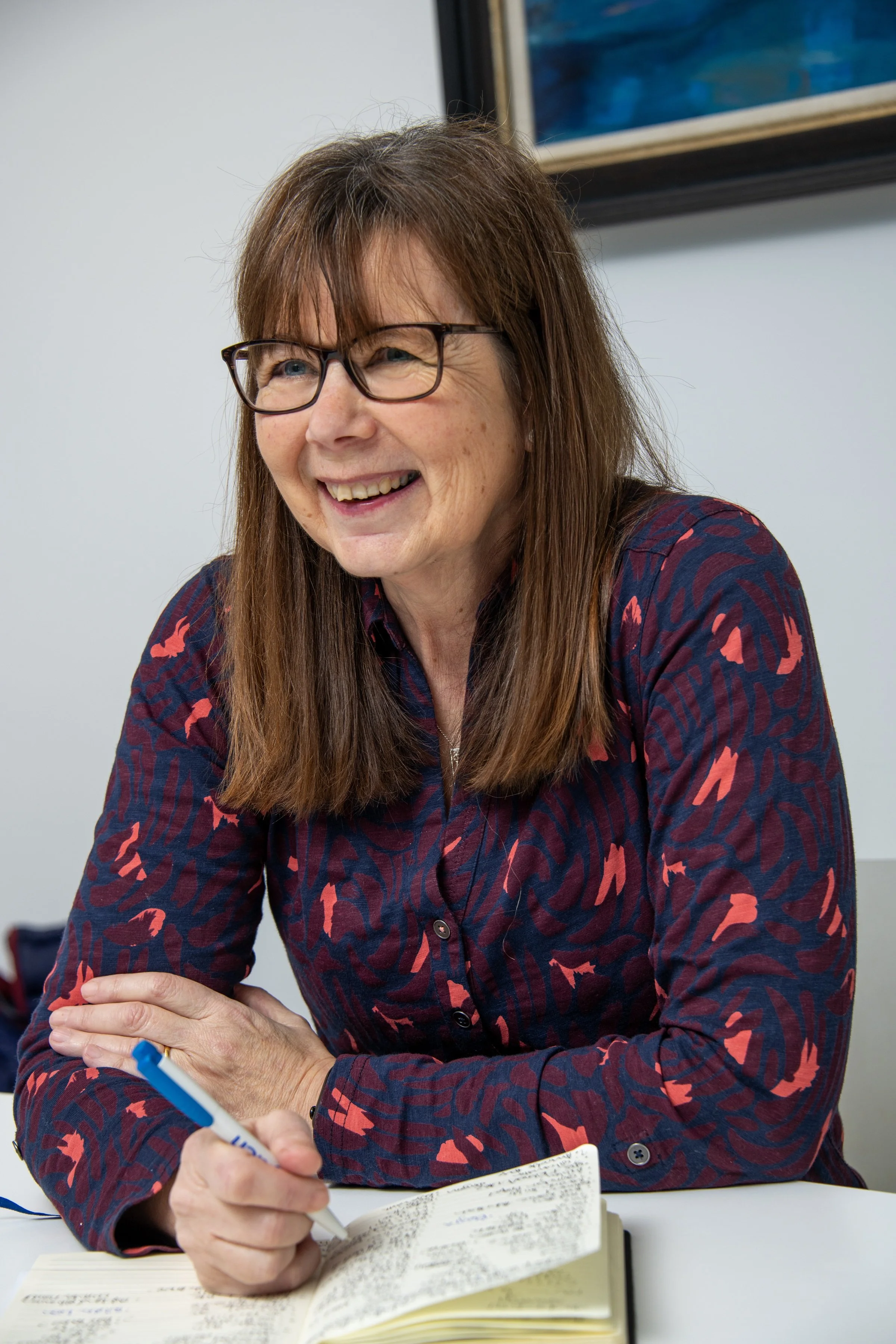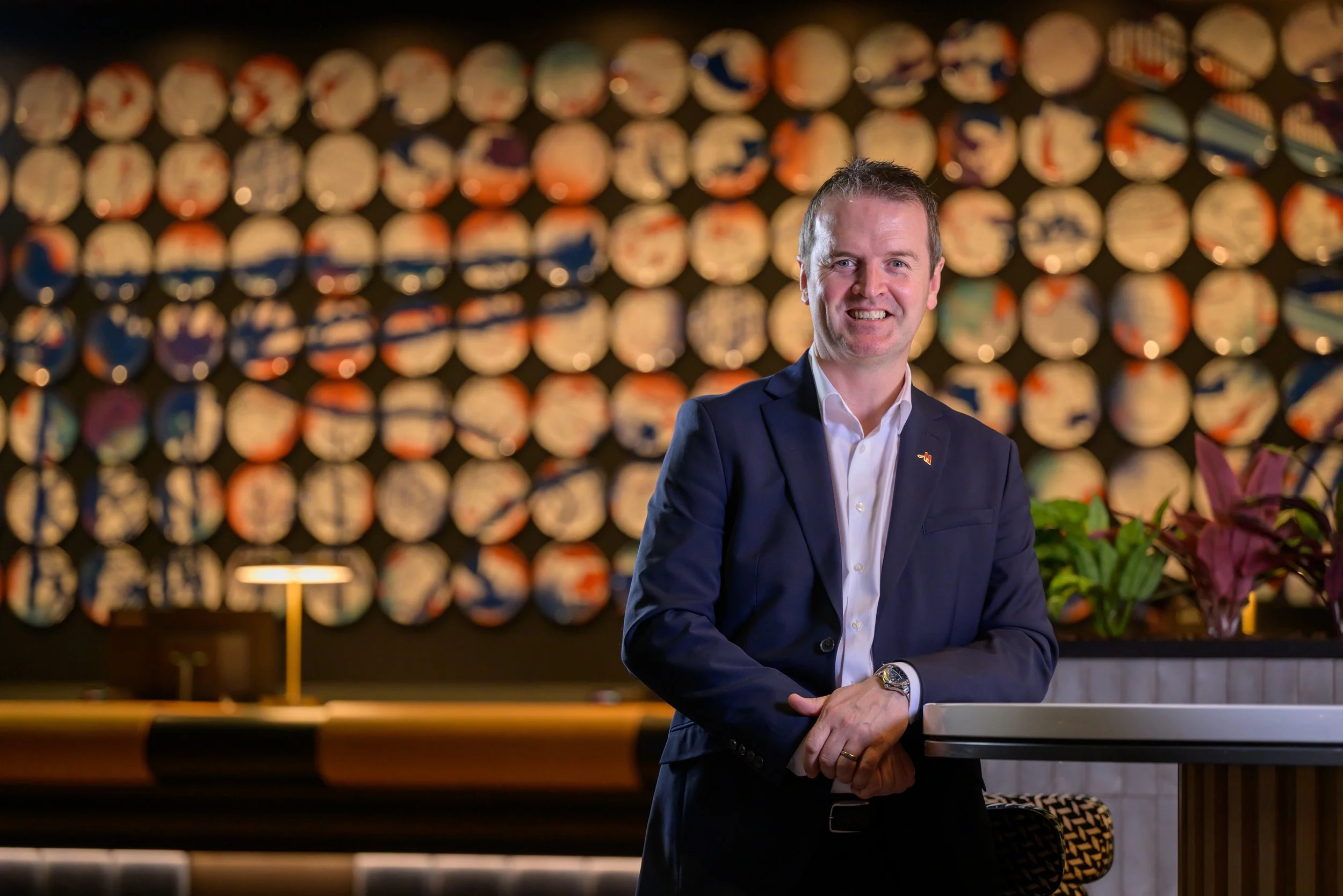Shared spectrum is here, but Scotland plc must go further
One of the key roles for the Scotland 5G Centre is to ensure equitable access to digital technology across Scotland
Invisible airwaves crackle with life… bearing a gift beyond price, almost free.” Top marks if you recognise the lyrics to Spirit of Radio by Canadian band Rush, released more than 40 years ago! The phrase – “bearing a gift beyond price” – resonates, for where would we be without radio airwaves?
No longer solely the preserve of broadcasters, spectrum – airwaves – is the invisible infrastructure that allows devices to communicate wirelessly. Not just mobiles, nowadays just about anything can be connected. Unsurprisingly, spectrum is much in demand.
In the UK, Ofcom grants access to spectrum licences. And right now, it’s consulting on how to do this over the next decade, to best support innovation and “open up” access to a broader range of organisations.
It intends to tackle this by further promoting the benefits of sharing spectrum. This more flexible approach encourages innovation, opens up new business models and allows businesses or even local councils to consider setting up their own private mobile networks.
This is music to my ears because one of the key roles for the Scotland 5G Centre is to ensure equitable access to digital technology across Scotland. We believe that wireless access needs to be as readily available as our electricity and water supplies. Not least because of the “digital divide” between those who have access to fast, reliable telecoms (large population centres) and those who experience limited access to increasingly vital public services (much of rural Scotland). Experts agree that 5G will touch all our lives in future so we need solutions.
The UK Government's £1bn Shared Rural Network programme, aimed at improving rural mobile access, is a welcome addition. It aims to increase 4G landmass coverage in Scotland to at least 74 per cent from its current 42 per cent. This initiative, alongside the Scottish Government’s £25 million 4G Infill programme, will help expand Scotland’s digital infrastructure, providing local communities and businesses with better connectivity. But we still need to consider how mobile coverage can be extended further, finding new ways of deploying mobile infrastructure to support 5G use cases.
At the Scotland 5G Centre, we are working with industry and academic partners to help close the divide. We are building 5G rural networks at Loch Lomond and partnering the ‘5G New Thinking’ project on Orkney; both areas in need of improved connectivity. The 5G equipment and concepts being evaluated will help inform best practices in providing sustainable connectivity solutions for remote rural areas, using shared spectrum.
So what will we be asking Ofcom to consider? The Scottish Government’s aspiration is for Scotland to be a leading 5G digital nation. However, if 5G is to be rolled out nationally we need to create the right market conditions and environment to support this.
We need to make it easier for businesses to utilise shared spectrum to deploy 5G private networks, by improving the tools and systems in a dynamic way to grant access to the airwaves.
In addition, 5G will be used to enable digital public services such as healthcare and education. However, this can best succeed on a national, Scotland-wide basis. The result will be a coordinated and managed approach to rollout, complementing existing coverage, delivering new services to areas that currently are not financially viable for the large mobile operators.
This would open up huge untapped potential within rural sector and would begin to make commercial sense for the first time.
Now is the time to address this imbalance and enable rural Scotland to thrive, contributing to our nation’s progress towards a net zero economy, the green agenda and economic recovery.
Paul Coffey is CEO atThe Scotland 5G Centre


